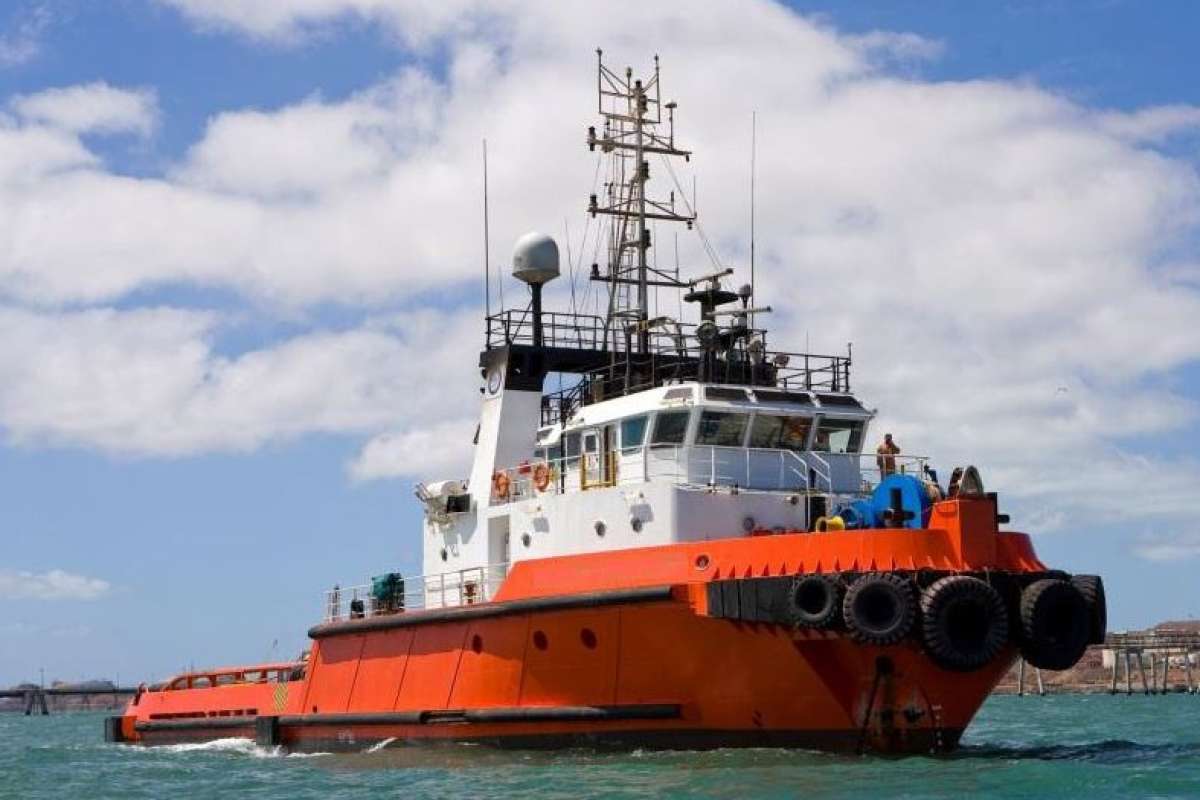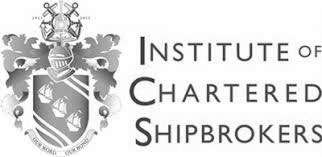Riding out 2020's rollercoaster of a market
Written by Century Marine on 07th October 2020

Covid-19 has wreaked havoc in the global tug and OSV sector, but Century Marine
managing director Steve Dougal remains hopeful that the market will find a way to
navigate through the pandemic.
The Cambridge Dictionary describes a rollercoaster as “an exciting entertainment in an amusement park, like a fast train that goes up and down very steep slopes and around very sudden bends”. Remove the phrase “an exciting entertainment in an amusement park” and the remaining words probably describe the past six months and the effect that the Covid-19
coronavirus pandemic has had on many aspects of our lives, including the tug and offshore vessel market.
As far as the tug and OSV markets are concerned, the timing could not have been worse, as we were just beginning to see the light of day after the very long depression that had blighted them since 2014. At the beginning of the year, oversupply had reduced substantially, the oil price had risen, new contracts were being awarded and a sense of stability had taken hold. The mood music had changed for the better and a feeling of realism had permeated the markets. We were very optimistic that 2020 would be better than 2019.
The pandemic changed all that and as the world went into lockdown with a steep downward spiral on countries’ economies, so did the tug and offshore markets. Port tug operators were reporting substantial falls in the number of port calls, in some cases to almost 50 per cent below normal. This drastically affected their income and cash flow.
At the same time, the offshore industry saw utilisation plummet with numerous charters
being postponed for the foreseeable future or in a few cases indefinitely. Some reports are suggesting that as much as 80 per cent fewer term fixtures on offshore vessels were concluded in the second quarter of 2020 than in the same period last year.
At the time of writing in early September we appear to have reached the stage where the markets realise that life must go on. Serious hurdles remain to any normalisation, not least
in straightforward operational matters such as crew changes, storing, inspections and repair
work. Delays due to virus-related matters are commonplace and are a constant cause
of friction between owners and charterers or buyers and sellers. But there is hope and the
market is looking to navigate a way through the pandemic.
Many companies have been forced by simple brutal economics to review their work
practices. Operations departments have their hands full, but many are managing to find
solutions to their problems in ways they have never considered before. Commercially,
owners and charterers are coping with the uncertainty by using Covid-19 clauses in
their contracts. This gives both parties the flexibility to ensure the smooth working of a
charter or sale in spite of the potential hazards that the pandemic might cause.
It’s not all bad news though, and the review of working practices because of Covid-19 has
brought some benefits, especially in terms of efficiency and cost savings.
The market has had to look hard at its traditional work methods and there is an increasing sense that some of the tasks we used to carry out pre-Covid-19 were unnecessary, wasteful and inefficient. Technology has been a major factor in allowing some sense of normality in an otherwise stunned world, not least in shipping. In the shipbroking world, sale and purchase transactions have still been able to take place with the assistance of remote video inspections by accredited survey companies rather than physical ones by the buyer. This is no mean achievement, especially where many owners like to take a personal interest in a vessel they buy and inspect it themselves. Closing meetings via video conference have also become usual
through necessity, and many who have taken part have commented that it really didn’t feel
much different to sitting around the table. It worked.
Sale and purchase transactions have been few, but for buyers of tugs and offshore vessels
the opportunity to obtain additional tonnage at relatively cheap prices remains. Bargains have become fewer, but they still exist and it’s an ideal time for cash-rich buyers who have their eye on potential contracts.
2020 is a year that nobody would like to repeat. Moving ahead into next year, and assuming the pandemic starts to wane, then we will hopefully see some renewed vigour in the market. Unfortunately, there will have been economic casualties but those who survive this storm will be looking forward to an upturn in business. The foundations for a strong recovery are there.
In offshore, the postponed contracts from this year, together with those already planned
for next year, will feed demand. Many more offshore vessels have been scrapped and the speculative building of new vessels has reduced to a trickle, thereby tightening supply. Ports will be looking forward to increasing trade and, having taken steps to improve efficiency and reduce costs, tug operators will be looking to reap the benefit of that. Let’s hope that 2021 will see a much steadier upward curve in recovery.
Recent News
-
04
Aug 2022All change at Century Marine Services Limited
Century Marine Services Limited is pleased to announce that Luke Hughes has...
-
24
Mar 2022Shipbrokers, intelligent anticipation and added value
Shipbrokers are often asked what they actually do. Typically, the question...
-
04
Jan 2022Hollywood comes knocking for Century Marine
Century Marine are proud to be involved with the latest Hollywood blockbuster...
-
26
Feb 2021UK Chamber of Shipping Virtual Conference
If you missed the UK Chamber of Shipping Towage Panel you can catch up on...
-
26
Feb 2021Workboat Association Members Profile of Nick Price
This week the Workboat Association has written a Members Profile on our own Nick...
.jpg)
.jpg)

